
Latest news headlines: What’s going on with Chinese New Year, Gigi Hadid and that Insta-famous egg?
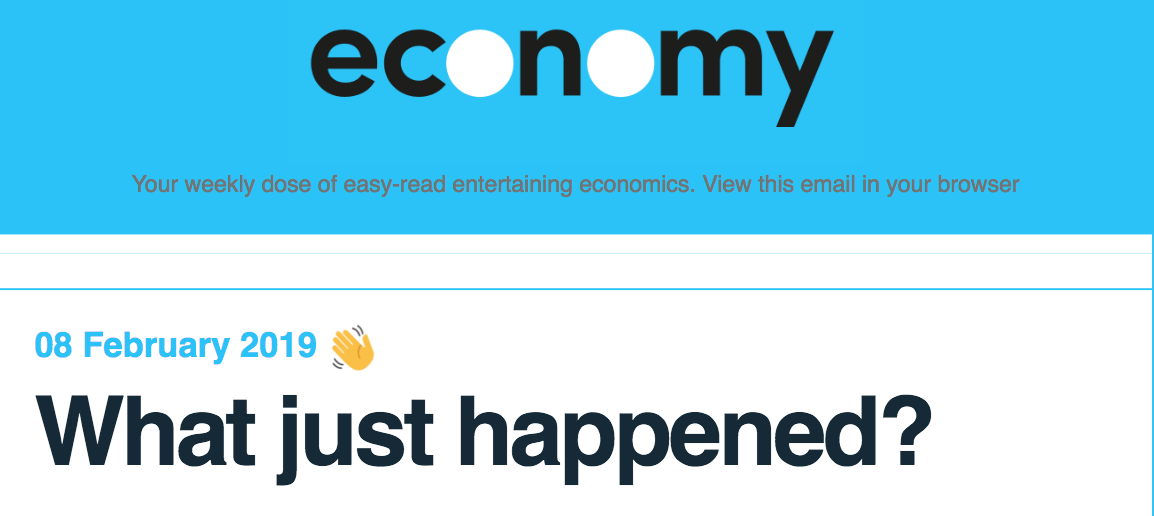
Happy Year of the Pig!
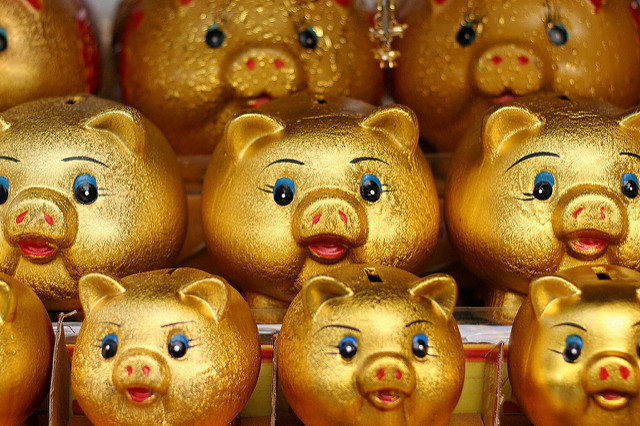
Chinese New Year (5th Feb 2019) slows down economic growth in celebrating countries as businesses close and workers head home.
What happens to the global economy when more than a fifth of the human population go on holiday at the same time? Every Chinese New Year millions of workplaces close, millions of people travel home (or abroad) and millions of firecrackers, dragons and red-coloured things are purchased.
For some companies (airlines, travel agents, firework sellers) that means lots of business and profit. But in general Chinese New Year is associated with less economic growth. What’s that, you say? Well, economic growth is (usually) how much more valuable stuff (goods and services) a place produces each year (we call this GDP). Shut shops and no workers = not much getting produced.
And because globalisation means lots of companies now have global supply chains (i.e. they get the stuff that goes into their finished product, like materials or expertise, from all over the world) firms in places that don’t celebrate Chinese New Year wind up being negatively affected too.
Does that mean we should cancel Chinese New Year? Only if you think maximising economic growth should be prioritised over everything else, including family time, culture, and eating dumplings. (Spoiler: most people/economists don’t think this. And those that do have probs never eaten dumplings.)
Read our explainer on: economic growth
You’ve got to break a few eggs to make an Instagram sensation
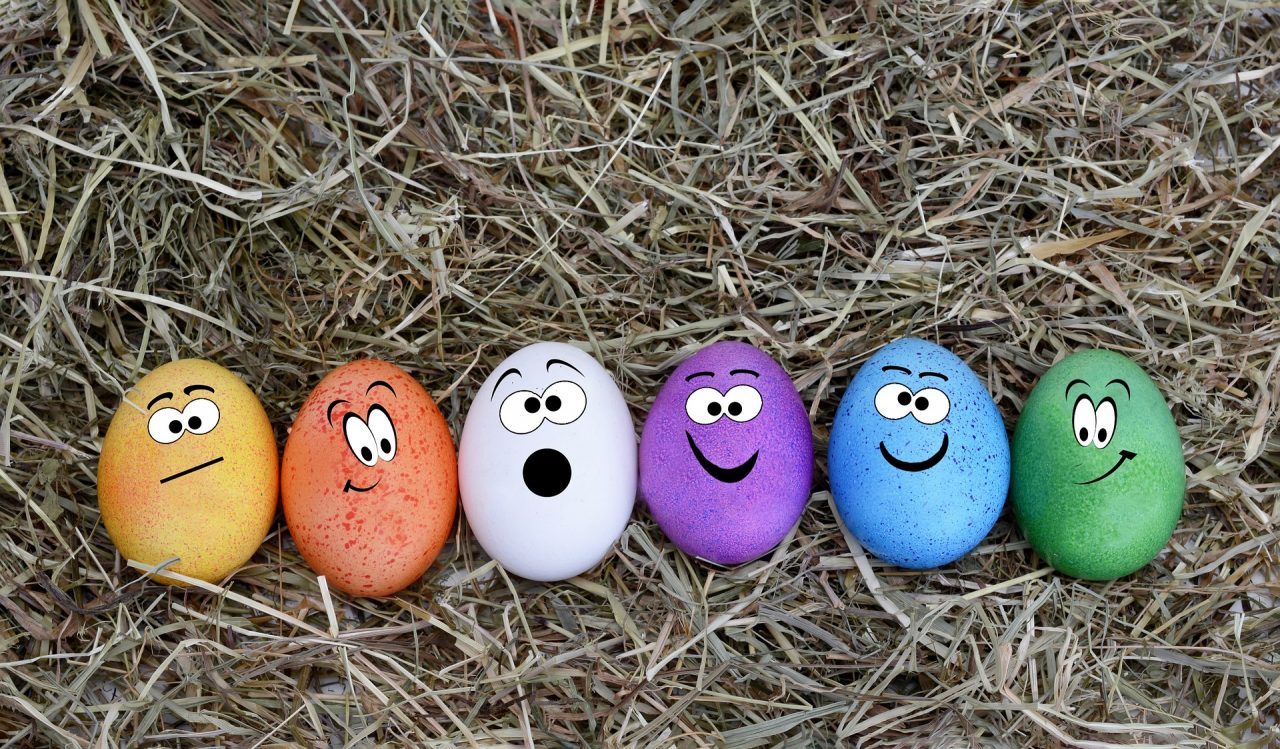
The Instagram account @world_record_egg posted a video of their famous egg cracking apart to encourage people to look after their mental health.
Once you’ve achieved your goal of getting a generic photo of an egg to have more social media likes than the Kardashians, what do you do next? Promote something to your ready-made audience of 10 million followers of course!
And while plenty of people use large social media followings to advertise a product or service and make lots of money, the owners of @world_record_egg decided to use theirs to promote mental health services. Their video, of the egg steadily cracking under ‘the pressure of social media’ has been watched more than 15 million times.
Mental health is a big issue: half of us say we’ve had a diagnosable mental health condition at some point. And poor mental health, like poor physical health, is bad for individuals and their economies. Ill people can’t work, or can’t work to their full capacity. They may struggle to maintain relationships and manage their finances. And they tend to feel unhappy. But the more people who seek help and treatment, the more these effects will be mitigated. And that means a happier and more productive economy for all of us.
Read our explainer on: economic success
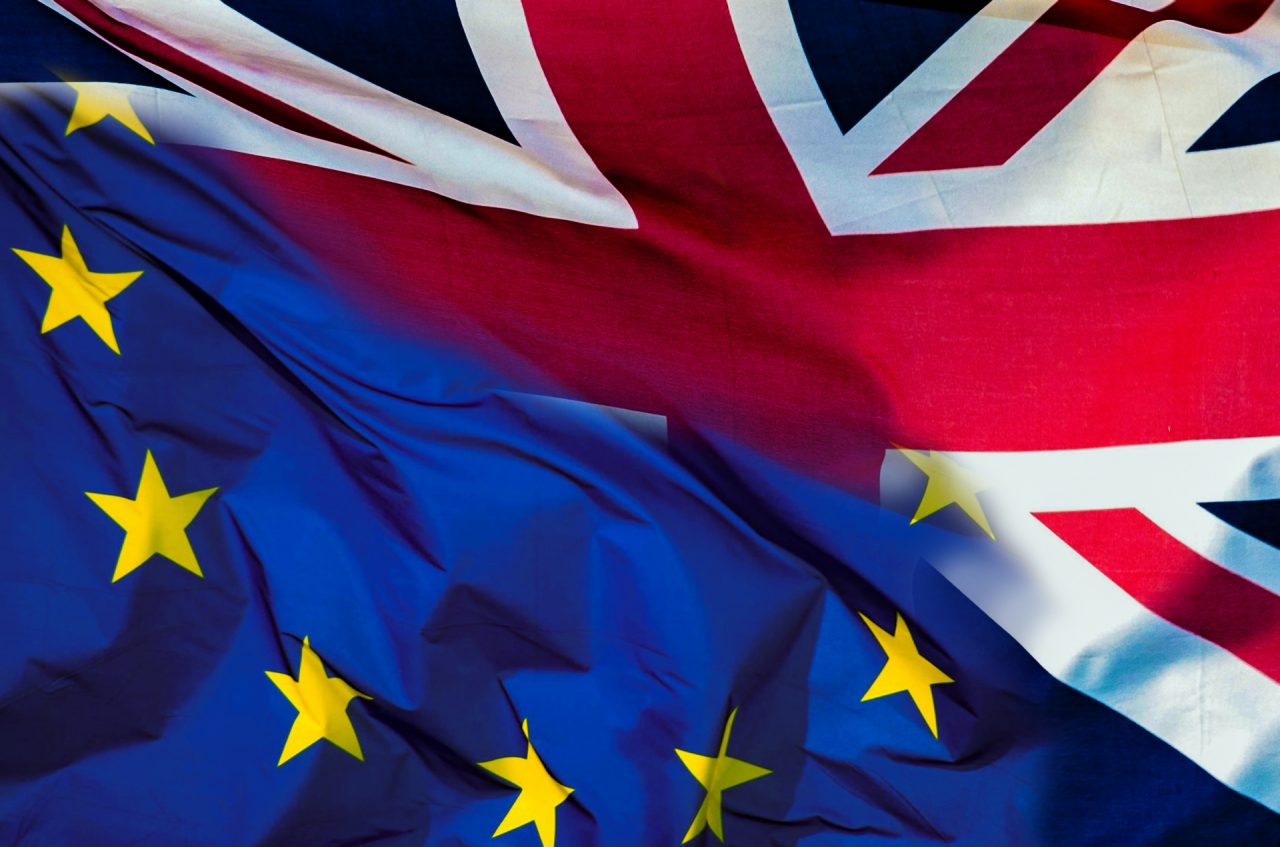
BREXIT BOX
Jeremy Corbyn has written to Theresa May about Brexit. Corbyn says he’ll only support a Brexit deal that involves a permanent customs union with the EU. In other words, he wants Britain and the EU to keep swapping goods without paying any tariffs (taxes).
That should keep businesses happy and prices low, but it’ll mean the UK has to follow EU rules on things like food safety and probs couldn’t make new trade deal independently of the EU. More updates next week.
Gigi Hadid becomes latest celeb sued for ‘stealing’ photos... of herself

Celebrity photographers say celebs need to ask permission before posting paparazzi photos on social media, even if the photographers didn't ask permission before taking the featured star's photo.
We all need money in order to live. How do we get it? Usually by selling something we own. For most of us, that’s our labour (i.e. we sell our time and skills to a company). Paparazzi photographers do this too, but with an odd twist. Because while they spend their own time and skills capturing the photographs they flog, their prints are of someone else - a celebrity - and often taken without that person’s knowledge and/or permission. And while lots of people might feel that we should have control over who makes money from our own image, the law says otherwise.
Which is why model Gigi Hadid was sued last week for using paparazzi photographs on their social media. From the photographer’s POV, this undercuts their earning potential. As long as people will hand over money to a magazine in order to see a snap of Idris Elba buying milk, magazines will pay photographers to stalk the Luther star around Lidl. But if people can see the same image for free on Elba’s insta, they won’t bother buy the magazine and the magazine won’t have the money/incentive to pay the photographer at all.
Celebrity photographers aren’t the only ones affected by this phenomenon. Other industries that are suffering big job losses because their former customers can now find similar stuff online for free (or much cheaper) include journalism, publishing, and television.
Read our explainer on: the labour market
How should we feel about technology in our workplaces?

Technology, to economists, is anything that helps us produce things faster, better or cheaper. Technology has been shaping our workplace for pretty much all of human history. From the time the first prehistoric humans picked up sticks and stones to make tools, we've used technology to help us meet our daily needs.
But these days, workplace technology is more complex, more clever and - for some people - more out of control than ever before. From recruitment software that judges candidates by their micro expressions to injecting employees with microchips, modern workplace software can change the way people work in amazing - and terrifying - ways.
Read the full Economy Explains: Workplace Technology
Economy Explores: Stuff
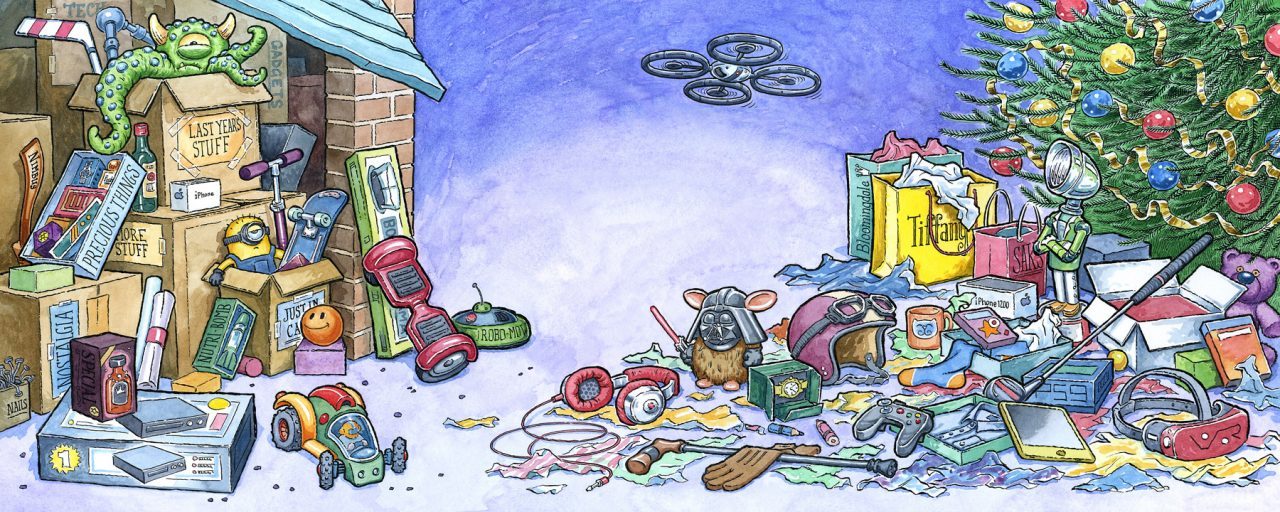
Chinese New Year (5th Feb 2019): its tradition for is for adults to give children red envelops - called 红包 or hóng bāo - filled with money. And what does a fair bit of this money get spent on? Stuff!
We take a look at some of the stuff that fills our lives, our closets and our economies.
Dive into our full Economy Explores: Stuff

"I'd stop eating meat for a million pounds. But I'd do a lot of things for a million pounds, so I don't think the vegans have won."
Getting you talking about the economy is our mission. Here's some hot conversations to have this week. Join our Economy Asks Facebook and share your chat.
- Are food choices moral choices?
- Is it possible to believe in animal rights, and eat meat?
- Would a vegan eat a steak for a million pounds?
 Overheard on the internets...
Overheard on the internets...
...on Manchester Pride’s decision to charge £71 per ticket.
 Just 'cos some of us like numbers...
Just 'cos some of us like numbers...
43%... the amount of Canadians who would chose bacon over sex.
3468 BC... the earliest evidence of humans farming pigs (thanks to a book by Chinese Emperor Fo Hi).
6000... the number of people in Britain who died waiting for an organ transplant in the last ten years. Some scientists say using pig organs could be the solution.
£600... the amount it costs to buy a pet micropig. But the cuteness = priceless.

Like what we're doing? For the price of a coffee you can help pay our next article (we're a charity!) Donate here
Like to receive a news roundup like this every week in your inbox? Click this link to sign up to our newsletter.
Has this piece made you feel a certain way (good or bad)? Economics is difficult to talk about, and your thoughts are integral to us enabling conversations that are useful for everyone. Drop us a line



